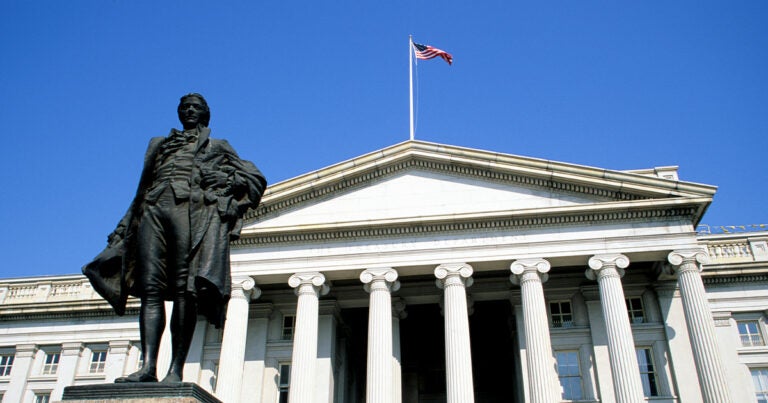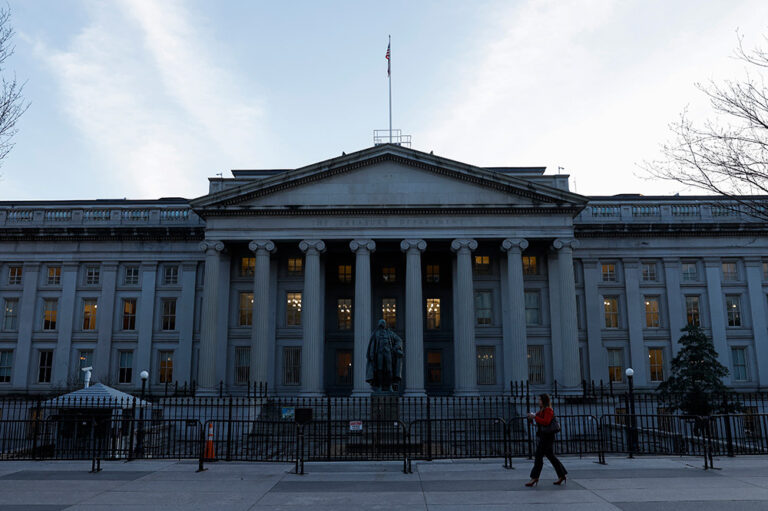Programs that millions of Americans depend on and care about may be feeling a squeeze from interest costs on our high and rising national debt.
The Congressional Budget Office (CBO) projects that interest payments will total $952 billion in fiscal year 2025 and rise rapidly throughout the next decade — climbing from $1 trillion in 2026 to $1.8 trillion in 2035. In total, net interest payments will total $13.8 trillion over the next decade. Relative to the size of the economy, interest costs in 2026 would exceed the post-World War II high of 3.2 percent from 1991. Such costs would rise to 4.1 percent of gross domestic product (GDP) in fiscal year 2035, if current law remains the same.
The federal government already spends more on interest than on budget areas such as:
- Defense
- Medicaid
- Federal spending on children
- Income security programs, which include programs targeted to lower-income Americans such as the Supplemental Nutrition Assistance Program; earned income, child, and other tax credits
- Veterans’ benefits
In fact, interest payments will exceed the amount that the federal government spends on Medicare (net of offsetting receipts) this year, leaving Social Security the only program larger than net interest.
Looking ahead, lawmakers should chart a more stable, sustainable path for the federal budget that would alleviate the growing interest burden and help ensure that there is room in the budget for national priorities.
Image credit: Photo by Getty Images
Further Reading
The Fed Reduced the Short-Term Rate Again, but Interest Costs Remain High
High interest rates on U.S. Treasury securities increase the federal government’s borrowing costs.
What Types of Securities Does the Treasury Issue?
Let’s take a closer look at a few key characteristics of Treasury borrowing that can affect its budgetary cost.
Quarterly Treasury Refunding Statement: Borrowing Up Year Over Year
Key highlights from the most recent Quarterly Refunding include an increase in anticipated borrowing of $158 billion compared to the same period in the previous year.


